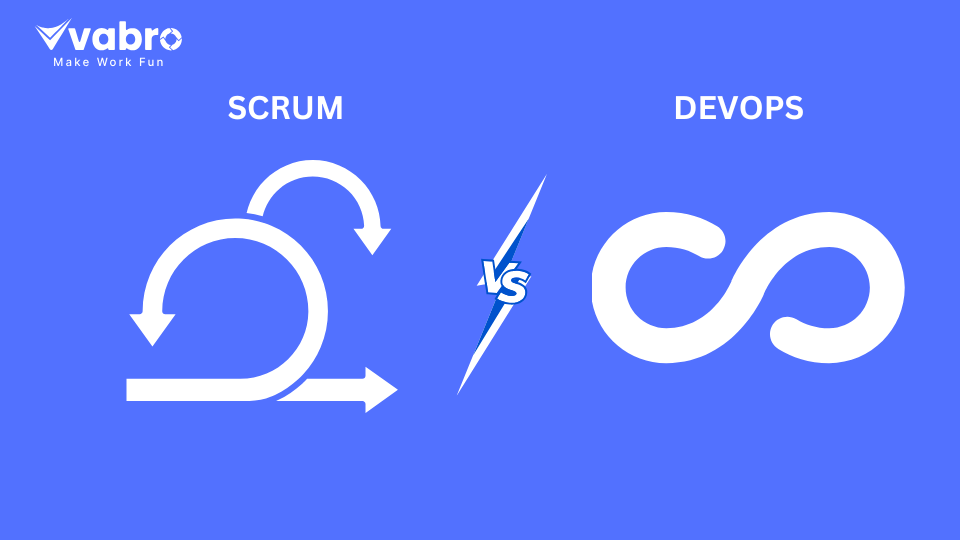DevOps vs Scrum Differences and Complementary Benefits
In the fast-paced world of software development and project management, methodologies like DevOps and Scrum have become essential approaches for delivering quality products. Although both aim for efficiency and collaboration, they serve different purposes and can complement each other to create a smooth development lifecycle.
What Is DevOps?
DevOps is, in essence, a cultural and technical movement that emphasizes collaboration between Development (Dev) and Operations (Ops) teams. It seeks to break down silos, automate processes, and enhance continuous integration and delivery capabilities. By doing so, it enables unified development, testing, deployment, and monitoring, leading to faster releases, increased reliability, and better scalability. Tools like Jenkins, Docker, Kubernetes, and Terraform form the backbone of this set of practices, offering teams the ability to create workflows and improve infrastructure management.
What Is Scrum?
Scrum is another Agile framework in which projects are managed and executed in iterative cycles, also known as sprints. A sprint typically lasts from two to four weeks, during which specific deliverables are expected to be completed. Scrum relies on defined roles: the Product Owner, the Scrum Master, and the Development Team. It also includes key ceremonies, such as the daily stand-up, sprint planning, and retrospective. The primary goal of Scrum is to increase adaptability, transparency, and stakeholder collaboration, ensuring that the project evolves based on customer needs and feedback.
Key Differences Between DevOps & Scrum
- Scope
DevOps focuses on the entire software lifecycle, encompassing development, operations, and delivery. Scrum is limited to managing project tasks within iterative cycles. - Goals
DevOps prioritizes speed, automation, and reliability of deployment processes. Scrum centers on team collaboration and delivering incremental value in short bursts. - Tools vs. Framework
DevOps is a tool- and technology-based approach to enable automation and integration. Scrum is a framework that focuses on people and processes rather than technical tools. - Team Composition
DevOps encourages a hybrid team of developers, QA, and operations personnel working together. Scrum teams are typically cross-functional but primarily involve developers and testers.
How DevOps & Scrum Complement Each Other
Although they differ in their approach, DevOps and Scrum can be used together to optimize efficiency. Scrum offers a structure for planning and executing work to ensure that deliverables are aligned with business goals. DevOps enhances this by streamlining the deployment process, automating testing, and reducing time-to-market.
For example, Scrum teams can define clear increments at the end of sprints and employ DevOps practices to deploy these increments continuously. Additionally, feedback from the DevOps toolset can be integrated into Scrum retrospectives, helping teams improve their processes. Altogether, they foster an environment of collaboration, agility, and operational excellence.
Conclusion
DevOps and Scrum are not mutually exclusive. Instead, they work on different sides of the development process. By understanding what each methodology offers individually and combining their strengths, organizations can achieve faster delivery, better quality, and greater adaptability. With this synergy, teams become more confident and efficient in addressing the complexities of modern software development.
